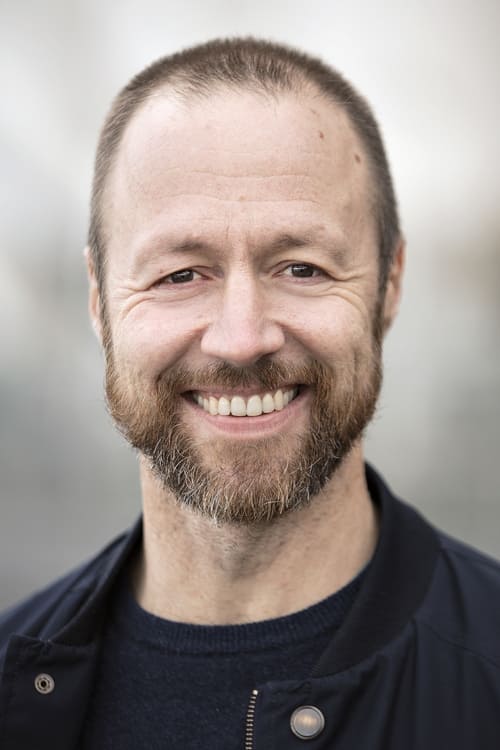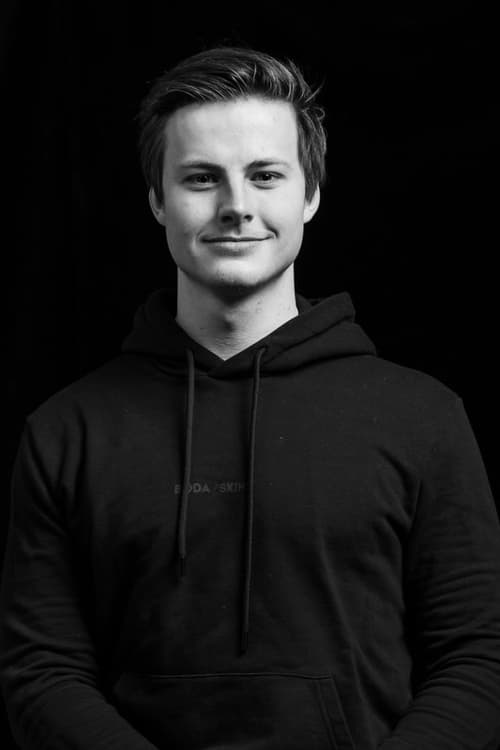Behind the Mask (2023)
ジャンル : ドキュメンタリー
上映時間 : 30分
演出 : Håvard Bustnes
シノプシス
Survivor Abduweli flees a Chinese Uyghur internment camp to Norway. Now, heading to Germany to confront a past torturer, his daughter’s panic attack forces a choice: exposing Uyghur genocide for the world, or shielding his family from painful memories.
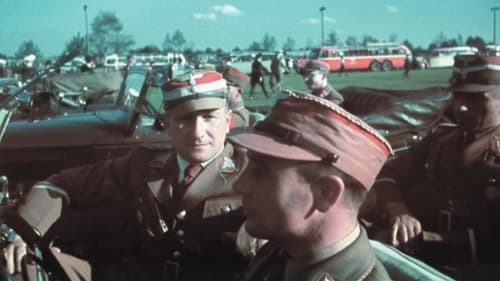
What would your family reminiscences about dad sound like if he had been an early supporter of Hitler’s, a leader of the notorious SA and the Third Reich’s minister in charge of Slovakia, including its Final Solution? Executed as a war criminal in 1947, Hanns Ludin left behind a grieving widow and six young children, the youngest of whom became a filmmaker. It's a fascinating, maddening, sometimes even humorous look at what the director calls "a typical German story." (Film Forum)

In the remote village of El Echo that exists outside of time, the children care for the sheep and their elders. While the frost and drought punish the land, they learn to understand death, illness and love with each act, word and silence of their parents. A story about the echo of what clings to the soul, about the certainty of shelter provided by those around us, about rebellion and vertigo in the face of life. About growing up.

In the summer of 2011, Nadir Bouhmouch, a Moroccan student studying abroad in California returns to his home country and finds it in a state of turmoil. The uprisings in Tunisia and Egypt had spread to Morocco. Organized by a group of students called the February 20th movement through Facebook, Twitter, Youtube and a website called Mamfakinch; People were flooding the streets and demanding change. But the Makhzen (the ruling elite) refuses to abandon it's grasp. This film investigates what gave birth to the revolt and the obstacles it encounters on it's struggle for freedom, democracy, human rights and an end to corruption and poverty.

A feature-length documentary that explores the immense changes that occurred for gays, lesbians and transgender people living in the Global South. In the last decade of the 20th Century, a new heightened visibility began spreading throughout the developing world and the battles between families, fundamentalist religions, and governments around sexual and gender identity had begun. But in the West, few people knew about this historic social upheaval, until 52 men on Cairo’s Queen Boat discothèque were arrested for crimes of debauchery. That explosive story focused attention to the lives and trials of gay people coming out in the developing world and the film chronicles those events.


A documentary tragicomedy of a father-daughter relationship, told by the subjective perspective of the young director. She tries to understand how a revolutionary could have become a criminal and an alcoholic, and why he abandoned his family. Freely juggling between documentary, fiction and animation, the director takes us on a journey around the world. The daughter of a former communists visits the ports of the revolt, where communities are trying to realize the concrete utopia.

Thomas Haemmerli is about to celebrate his fortieth birthday when he learns of his mother's death. A further shock follows when he and his brother Erik discover her apartment, which is filthy and full to bursting with junk. It takes the brothers an entire month to clean out the place. Among the chaos, they find films going back to the 1930s, photos and other memorabilia.
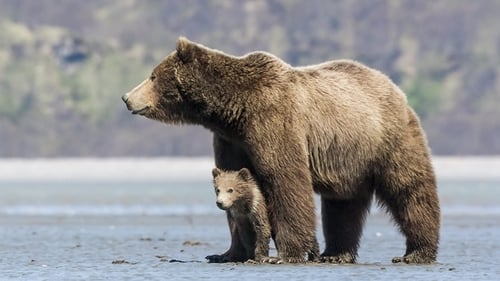
Filmmakers Alastair Fothergill and Keith Scholey chronicle a year in the lives of an Alaskan brown bear named Sky and her cubs, Scout and Amber. Their saga begins as the bears emerge from hibernation at the end of winter. As time passes, the bear family must work together to find food and stay safe from other predators, especially other bears. Although their world is exciting, it is also risky, and the cubs' survival hinges on family togetherness.

After a spell cast by Grandma Faraway, the oldest son of a small family encounters the ghost of his late Grandma Maria still living in her old house, and they chat as they used to.

A documentary exploring sexism and patriarchy in Kosova.
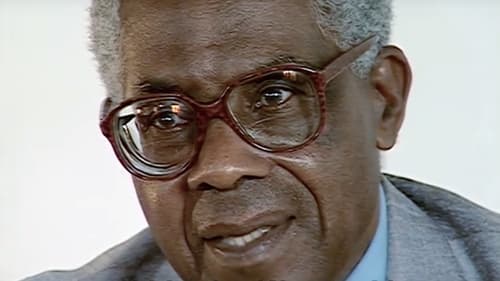
A three-part study that introduces audiences to the celebrated Martinican author Aimé Césaire, who coined the term "négritude" and launched the movement called the "Great Black Cry".

One of the rooms inside the legendary Barba Azul Cabaret has become a shelter for the girls working there: the women's bathroom. Every night La Mami, who's in charge of the bathrooms, offers them the warmth and the advice they need to take on the challenge they face in the dance hall.

"Disturbing the Peace" is a documentary of an incident during Tan Zuoren's trial on August 12, 2009. Tan Zuoren was charged with inciting subversion of state power. Chengdu police detained witnessed during the trial of the civil rights advocate, which is an obstruction of justice and violence. Tan Zuoren was charged as a result of his research and questioning regarding the 5.12 Wenchuan students' casualties and the corruption resulting poor building construction. Tan Zuoren was sentenced five years to prison.
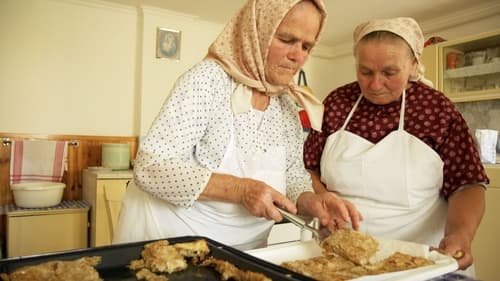
Two elderly sisters share the delicate art of making traditional Hungarian strudel and reveal a deeply personal family story about their mother, who taught them everything they know.

Freedom From Choice explores the endless layers of backroom dealing that is the US lobbying industry. Through a series of thought-provoking interviews, experts from numerous industries explain in simple terms how the political 'revolving door' creates unfair regulations which affect their industry. Supplemented by recent news clips and archival footage, the experts paint a startling picture of the overregulation of modern American life.

An historical documentary that rereads the recent death of Jorge Videla, bloodthirsty dictator of Argentina in the 70’s, telling the disappearance, one by one, of the members of La Plata Rugby club. A tragic and compelling story where the passion for politics and sport is opposed to a fascist - military regime.

An exodus of migrants settled in Tijuana and they hope to cross each day regardless of the consequences, the children tell us what they see, want and what they are willing to pay.

«Grozny Blues» follows a few people around Grozny, the capital of war-torn Chechnya where daily life is defined by political repression, constricting customs, forced Islamification and the failure to come to terms with recent history. The film revolves around four women who have been fighting for human rights under worsening conditions for many years but get more and more disillusioned with the situation in Putin’s Russia. The building where they work is also home to a Blues Club that is frequented by a group of young people. Having only vague memories of the Chechen wars in the 90s, they try to make sense of the strange things that are happening in their country. In linking the personal and intimate to the political, Nicola Bellucci shows in a dramatic and yet very poetic way what it means to live in a divided society that navigates a no-man’s land between war and peace, repression and freedom, archaic traditions and modern life.

In the vast expanse of desert East of Atlas Mountains in Morocco, seasonal rain and snow once supported livestock, but now the drought seems to never end. Hardly a blade of grass can be seen, and families travel miles on foot to get water from a muddy hole in the ground. Yet the children willingly ride donkeys and bicycles or walk for miles across rocks to a "school of hope" built of clay. Following both the students and the teachers in the Oulad Boukais Tribe's community school for over three years, SCHOOL OF HOPE shows students Mohamed, Miloud, Fatima, and their classmates, responding with childish glee to the school's altruistic young teacher, Mohamed. Each child faces individual obstacles - supporting their aging parents; avoiding restrictions from relatives based on traditional gender roles - while their young teacher makes do in a house with no electricity or water.

Historically, the queer community has not been portrayed in mainstream culture as being capable of protecting children and young people. Yet my uncle Ricardo, himself an openly gay man, was the ultimate guardian of my childhood.


